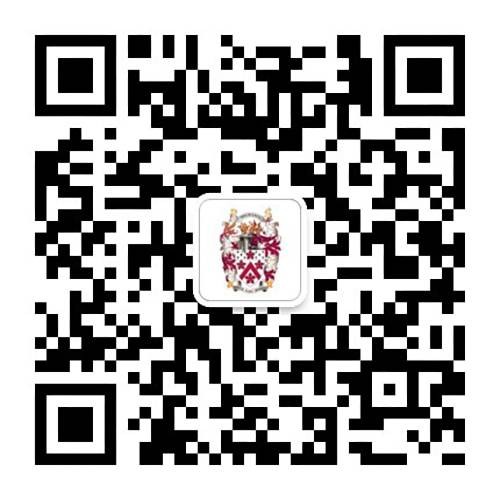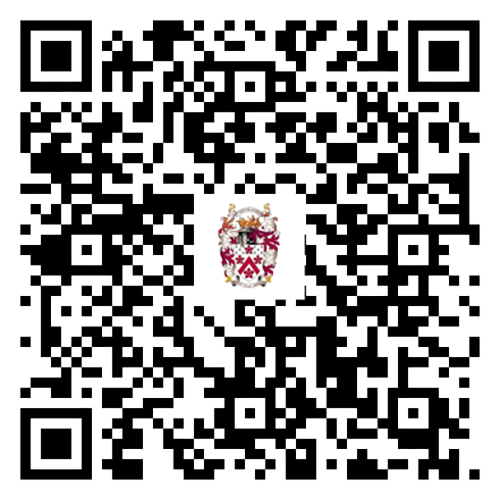Point of Information! Junior School MUN Students Speak Up
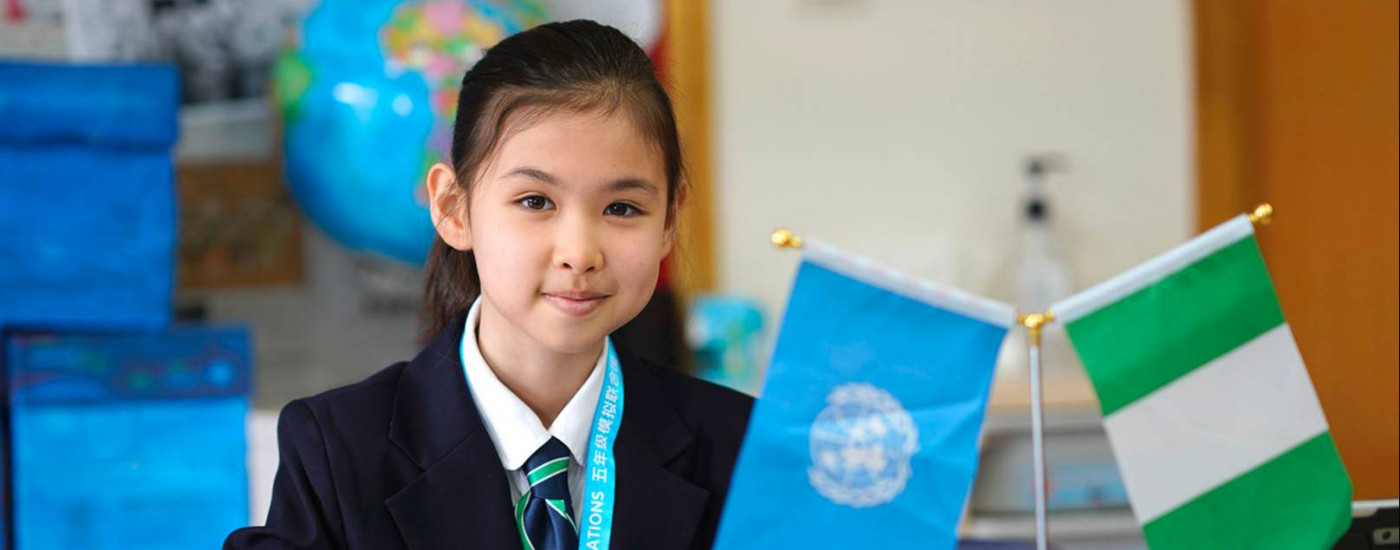
Student-chaired, Student-led
Every year hundreds of thousands of students participate in Model United Nations conferences around the globe, but Dulwich Pudong is one of a small number of schools which offer Model United Nations just for Junior School students.
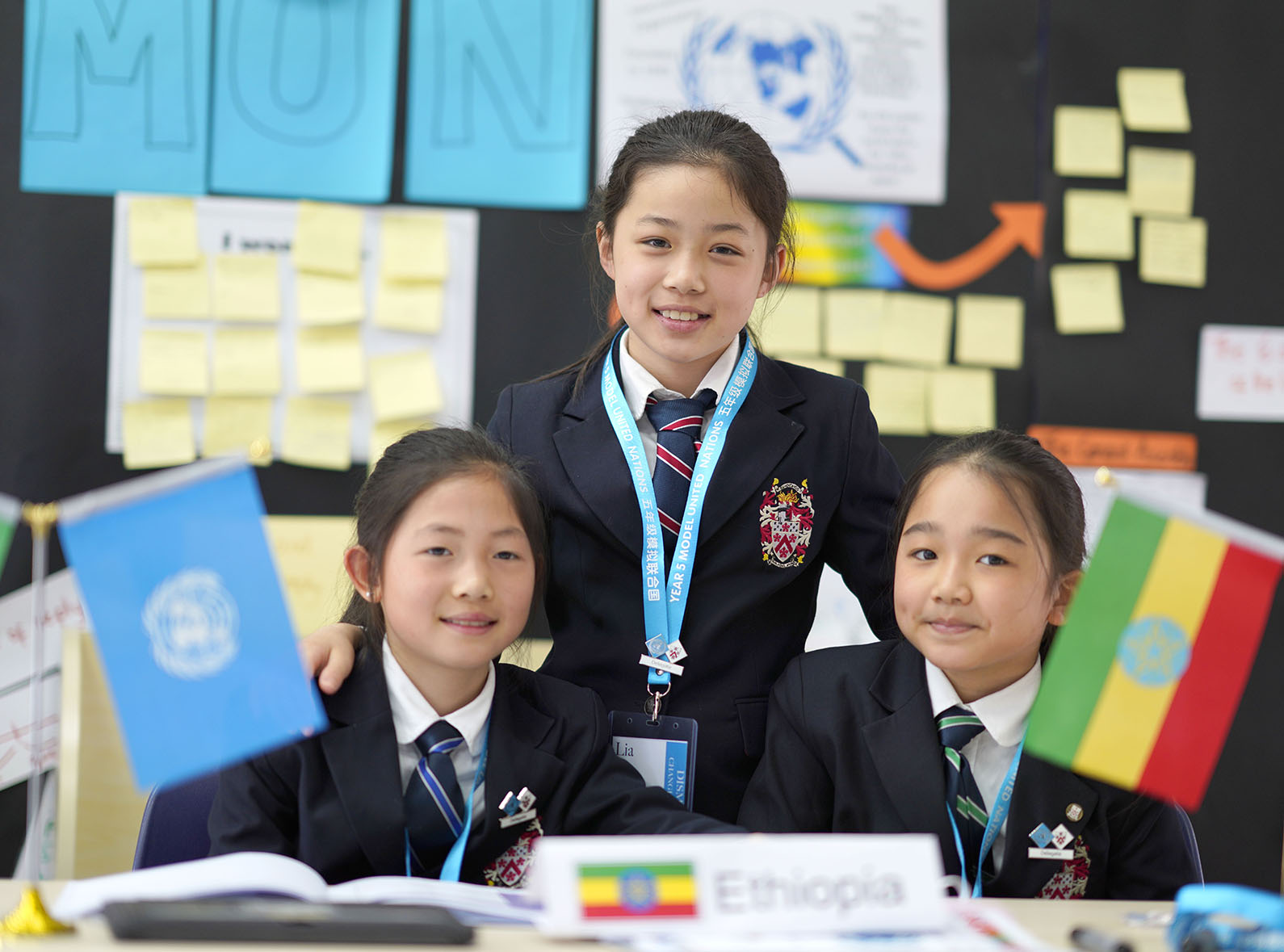
This year's conference, which took place March 24, 25 & 26, addressed the topic "Every Child Has the Right to an Education". As always, Year 6 students acted as Chairs while Year 5 students acted as Delegates.
"The conference is student-chaired and student-led," says Junior School MUN coordinator Rebecca Philippsen. "It's their voices and their opinions. That's very important."
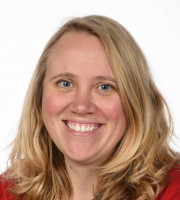
It's their voices and their opinions.
The Year 5 Model United Nations curriculum is thought-provoking and exciting. There are complicated rules to learn and communication protocols to master. For example, Delegates are not allowed to use personal pronouns. Though Delegates only have six weeks to prepare for the conference, those six weeks are full of activities which leave them ready to collaborate and solve problems. By conference time they have learned to:
- Research their assigned countries and chosen conference topic.
- Exercise persuasive writing and public speaking skills.
- Hone leadership and collaboration skills.
- Learn how to manage time in a challenging situation.
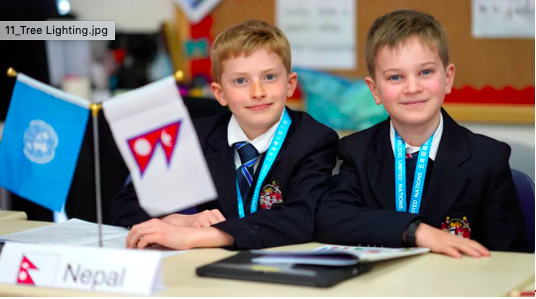
This year was especially poignant as it was the first MUN conference for all participants, since the outbreak of COVID scuttled last year's previously planned trip to New York City where the 2019/2020 Year 6 Chairs were to have debated at the actual United Nations. Because the current Year 6 Chairs missed the opportunity to participate in the Year 5 conference last year, this group of Chairs had to work even harder. Their hard work paid off, and the Chairs and Delegates did exceptionally well with each committee room passing a resolution.
Says Ms Philippsen, "We have seen students find their voices and then use those voices to advocate for those in need."
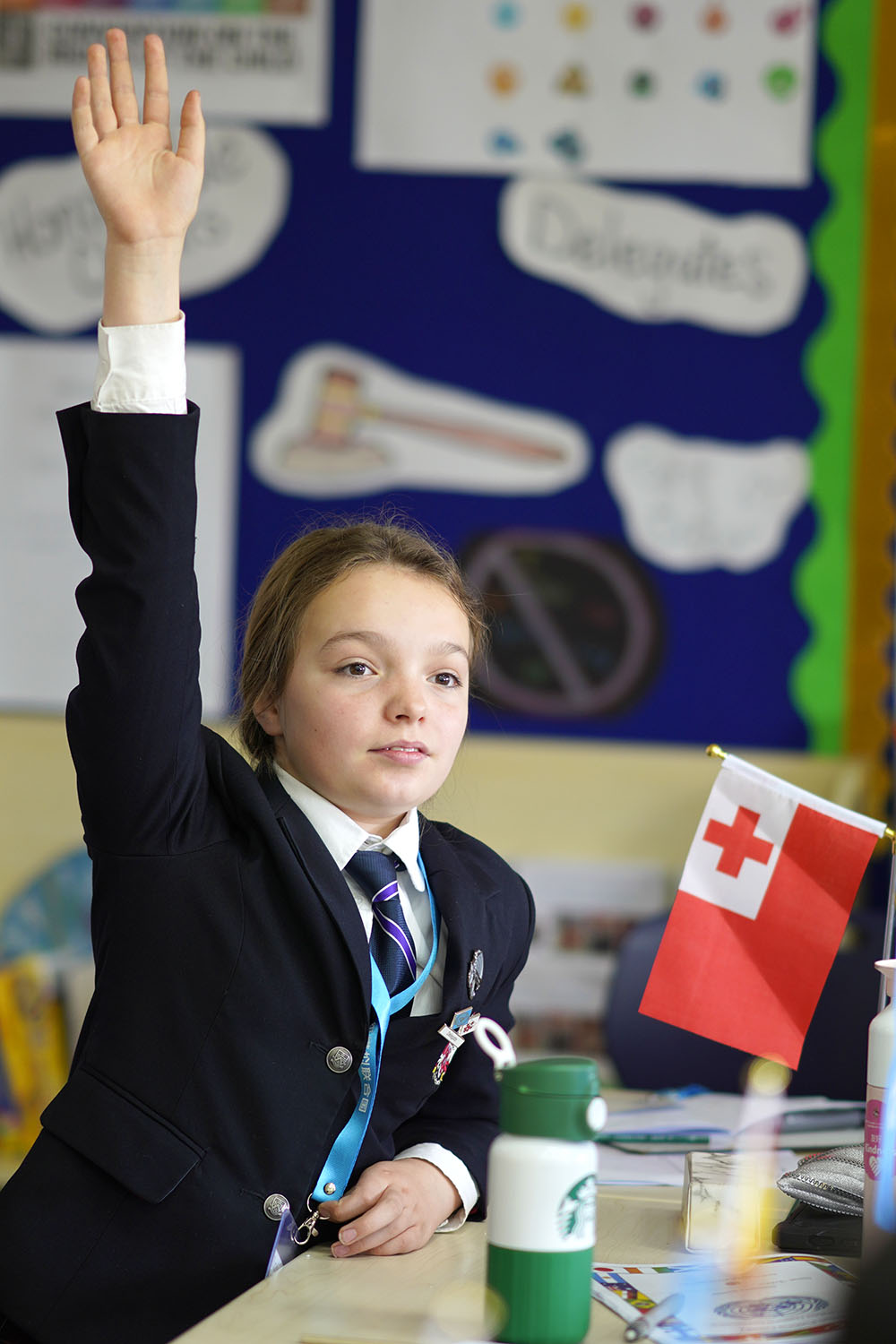
Finding Their Voices
Helping students to find their voice is the real MUN magic. Ms Philippsen, who has been running MUN for over a decade, sees it happen every year without fail - students who might ordinarily say very little in class suddenly stand up and speak out, empowered by their role as a Delegate and inspired by a topic they feel strongly about.
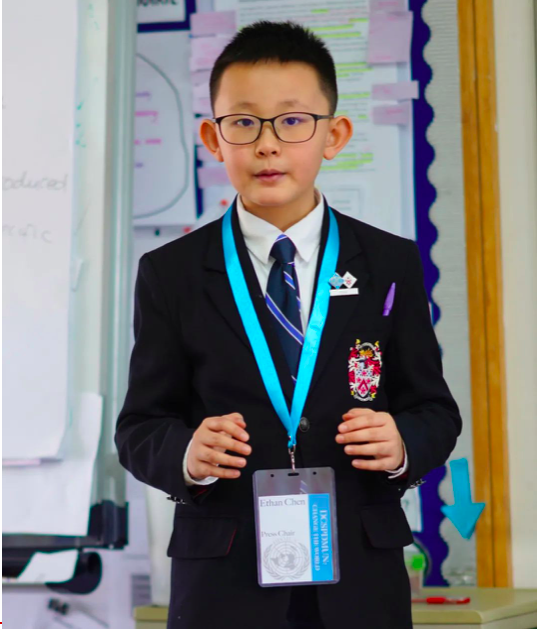
Ethan C, Year 6, Press Chair of the 2021 conference, reflects, "Even the most unconfident students can be transformed into a Delegate and start actively speaking and stating points, and this often seems to happen overnight. We are all extremely lucky that Dulwich offers such an awesome program."
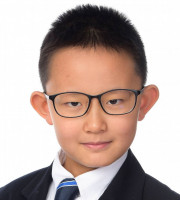
Even the most unconfident students can be transformed into a Delegate and start actively speaking and stating points.
It's also an opportunity for student leadership to shine. Ms Philippsen relates a moment at this year's conference when a Year 5 Delegate who was more comfortable using Mandarin struggled with a question. The Year 6 Secretary General sat down and coached him through it. Says Ms Philippsen, "The students help each other out. They are there for each other."
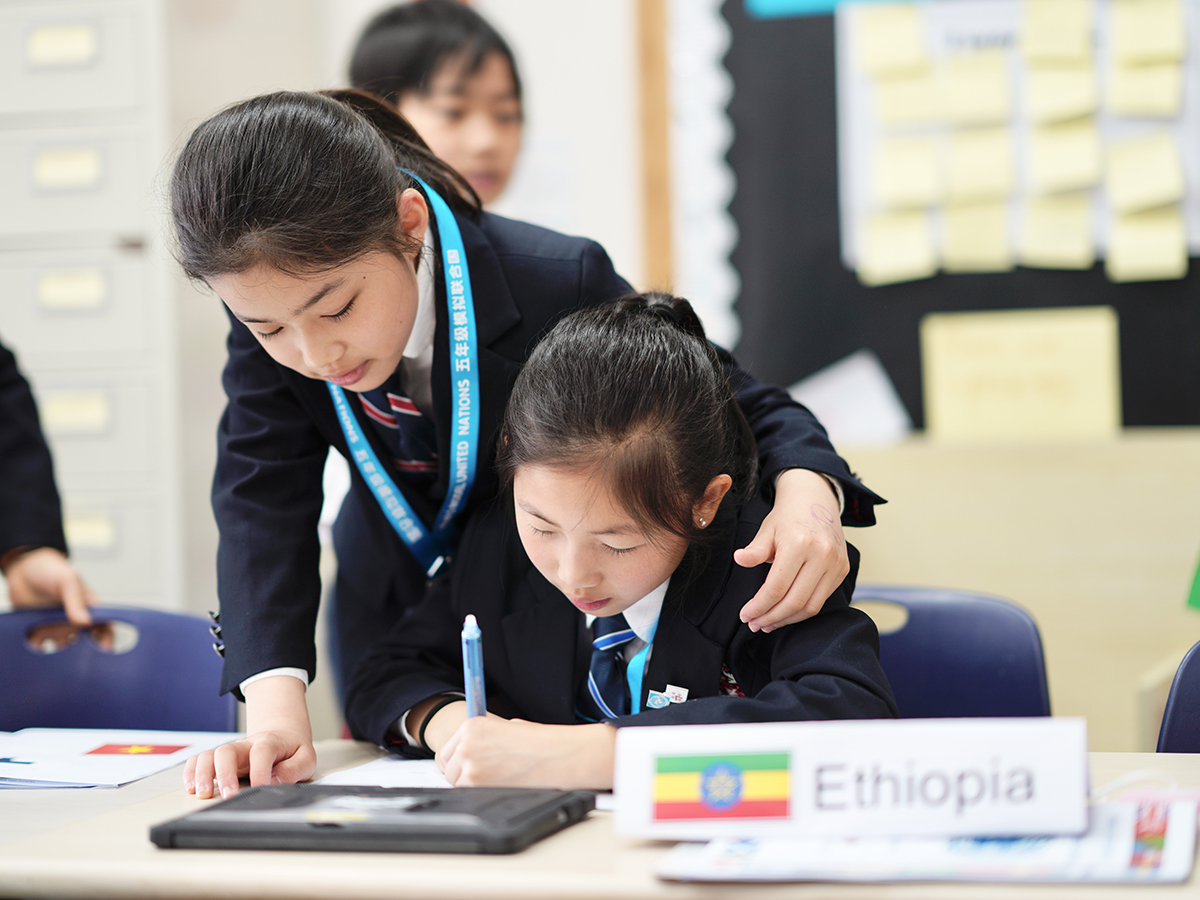
Let's leave the final word to Secretary General, Sophia N, Year 6 who opened the conference with these inspiring words:
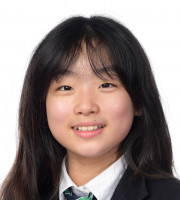
The fact that you all have the courage to embrace something new is incredibly amazing.
"The fact that you all have the courage to embrace something new is incredibly amazing. Don't be afraid to stand up and speak for your countries. You may try and fail, but don't fail to try."
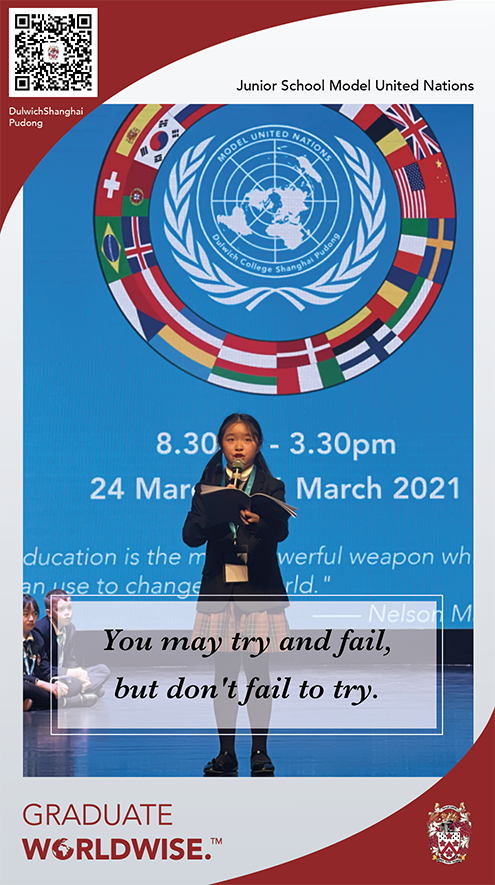
3 Key Phrases Every MUN Participant Should Know
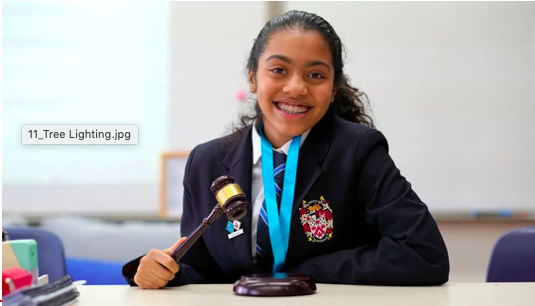
Right of Reply
Invoked if a Delegate feels that something untrue has been said about their country or if they disagree with what another Delegate has stated.
Point of Order
Used when a delegate believes that there was a mistake made regarding application of the rules.
Point of Information
Used when a delegate has a question about something that is not clearly understood.









